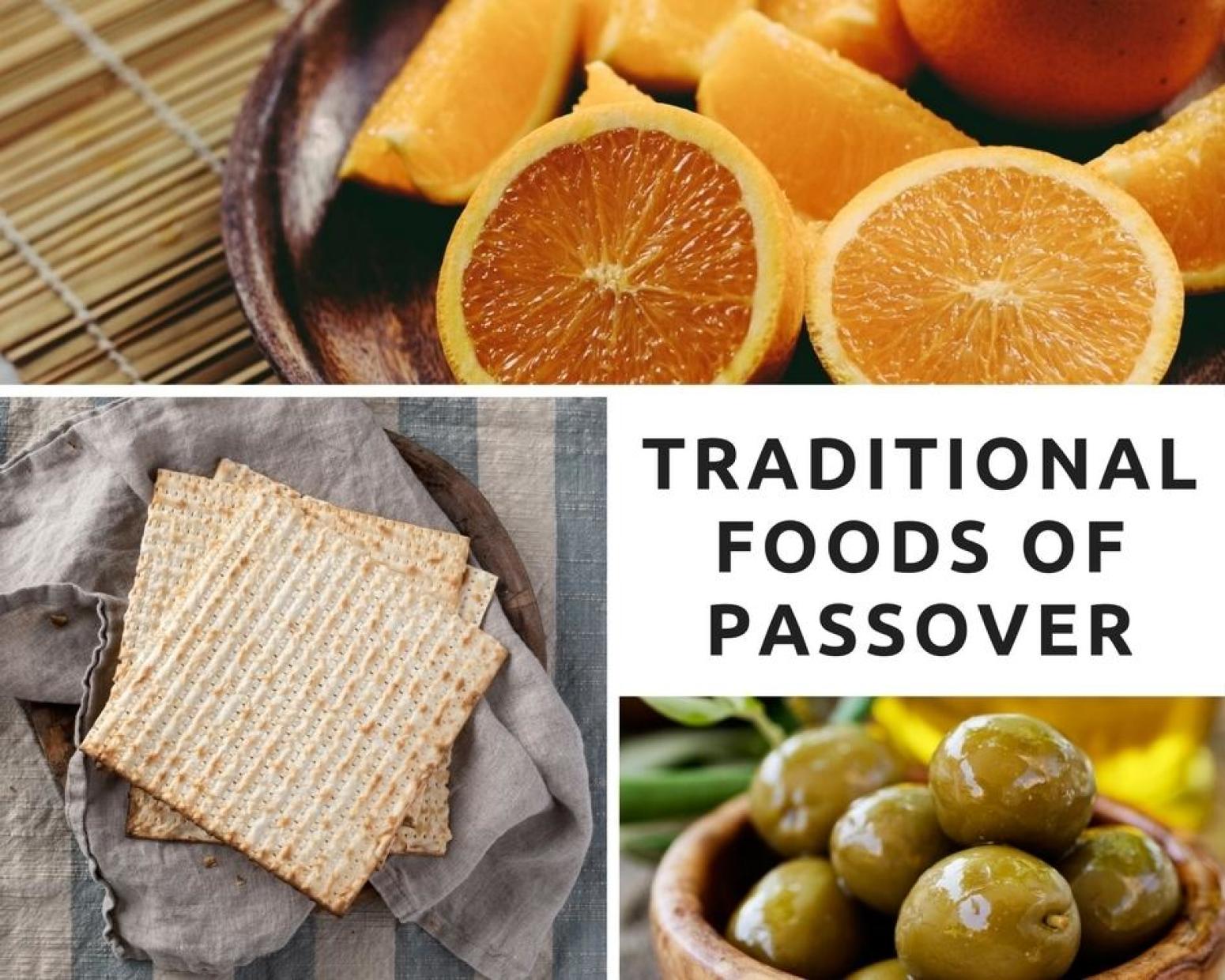Every spring, traditionally for eight days Jewish people celebrate Passover to honor the liberation of the Israelites from Egypt. A large part of Passover is the Seder dinner. Held at the beginning of Passover, there are very traditional and specific foods that are consumed.
- Beitzah: The egg is a symbol of rebirth and of the circle of life.
- Maror: Bitter herbs such as horseradish symbolize the bitterness of enslavement.
- Karpas: A non-bitter vegetable which symbolizes spring, hope and the initial flourishing of the Israelites in Egypt. It is dipped in salted water to symbolize tears of the harsh conditions they began to live under.
- Haroset: A mixture of fruit, nuts, and wine that represents the mortar used to build the temples while the Jews were enslaved.
- Hazeret: Another bitter herb which is combined with Matzo during the second part of the Seder. Some Seder meals do not include this second herb.
- Z’roa: A lamb shank (vegetarians sometimes use a beetroot) represents the sparing of Jewish first born during the tenth plague.
- Matzah (or Matzo): Is a form of unleavened bread that is eaten like a cracker, this symbolizes when the Jews fled from Egypt. It is said they left in such a hurry they could not even leaven their bread. The bread is made from a flat wheat bread that is washed a special way so that it does not ferment.
- Orange: A new addition to the Seder meal is intended to symbolize the importance of the role of women, gays, and lesbians in Jewish life.
- Olives: Another new addition to the Seder meal, symbolizes the hope of peace between Palestine and Israel.
- Grape Juice or Kosher Red Wine: Used four times during the meal, symbolizes the four promises made by God.
- Other foods that may be eaten during Passover: Fresh fruit, fresh vegetables, eggs, fresh fish, fresh meat and poultry, pure tea, pure coffee, sugar, honey, milk, cottage cheese, cream cheese, ketchup, mayonnaise, grape juice, wine, oils, candy, ice cream, yogurts, potato.
What’s Not Allowed During Passover
Fermentable grains such as wheat, rye, oats, barley, and spelt are known as chametz and cannot be consumed during Passover. Therefore, these foods should be avoided:
- Leavened bread, rolls, bagels, muffins, biscuits, croissants, doughnuts, crackers
- Cakes, Cereals, Coffee with cereal additives
- Wheat, barley, oats, spelt, rye
- All liquids containing ingredients or flavors made from grain alcohol
What Might Be Allowed During Passover
Kitniyot or foods such as beans, lentils, rice, corn, and seeds have traditionally been left off the table in some Jewish households. There is some controversy depending on what a person’s background is whether or not these foods are allowed during Passover.
